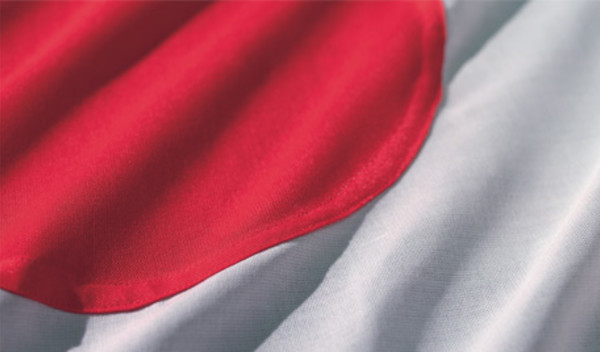

The outlook for Japanese shares and the Japanese economy is a bright spot in an other fairly unattractive global investment landscape, according to fund managers.
At the start of June, the World Bank sharply upgraded its forecast for Japanese economic growth in 2017 to 1.5 per cent, an increase of 0.6 per cent on the forecast it made in January.
The World Bank pointed to Japanese exports being boosted by the relative weakness of the Japanese currency, the Yen, this year.
This marks a turnaround for the country's exporters, who have been hampered by the Yen's role as a safe haven.
“The Yen tends to act as a safe haven asset class in times of market stress, with international investors taking advantage of the low cost of borrowing in Japan to borrow Yen, and buy US government bonds," David Jane, multi-asset manager at Miton, said.
Mr Jane, who runs around £700m across three funds at Miton, all of which are exposed to Japan, said the advantage of this strategy is that US government bonds pay an income in dollars that is higher than the cost of borrowing Yen, "allowing the investor to pocket a quick profit”.
But he added the trade has the impact of pushing the value of the Yen upwards, hampering the ability of Japanese exporters to compete.
However the improved outlook for global economic growth has caused investors to move away from safe haven trades, weakening the Yen and so giving exporters a boost.
Simon Evan-Cook, multi-asset fund manager at Premier, has said global equities are generally expensive, and the valuations for Japanese and wider Asian equities have long looked cheap.
The investment case is further enhanced with signs of economic growth picking up in the country, he said.
The MSCI Japan Index performed poorly in 2016, returning 2.7 per cent, compared with 8.15 per cent for the MSCI World Index.
On a year to date basis the index has returned 12.3 per cent, compared with 13 per cent for the MSCI World.
Mr. Evan-Cook said Japan is a market where the average company doesn’t look expensive.
"Of course there are great companies in the US, and they don’t look expensive, and great companies in the UK, and they don’t look expensive.
"But the average company in those markets does look expensive. The average company in Japan does not look expensive.”
Mr. Evan-Cook highlighted the £151m Lindsell Train Japanese Equity Fund as a way in which he is investing in the country right now.
Nicholas Price, who runs the Fidelity Japanese Values investment trust believes policy makers in Japan will keep interest rates low, boosting the returns available from equity markets.
The fund manager said unemployment in Japan has fallen to a level not seen since the mid-1990s, and as a result he has been investing in recruitment firms such as Recruit Holdings.
Mr. Price said that medical science is an area where Japanese companies are internationally competitive and he has been buying shares in M3 and Sysmex.



